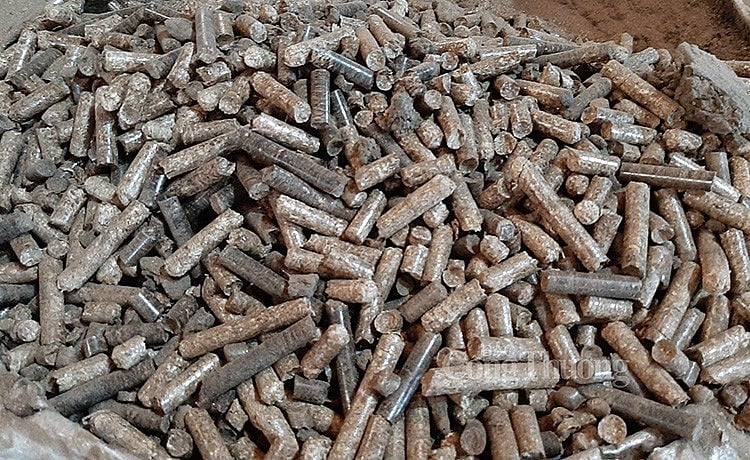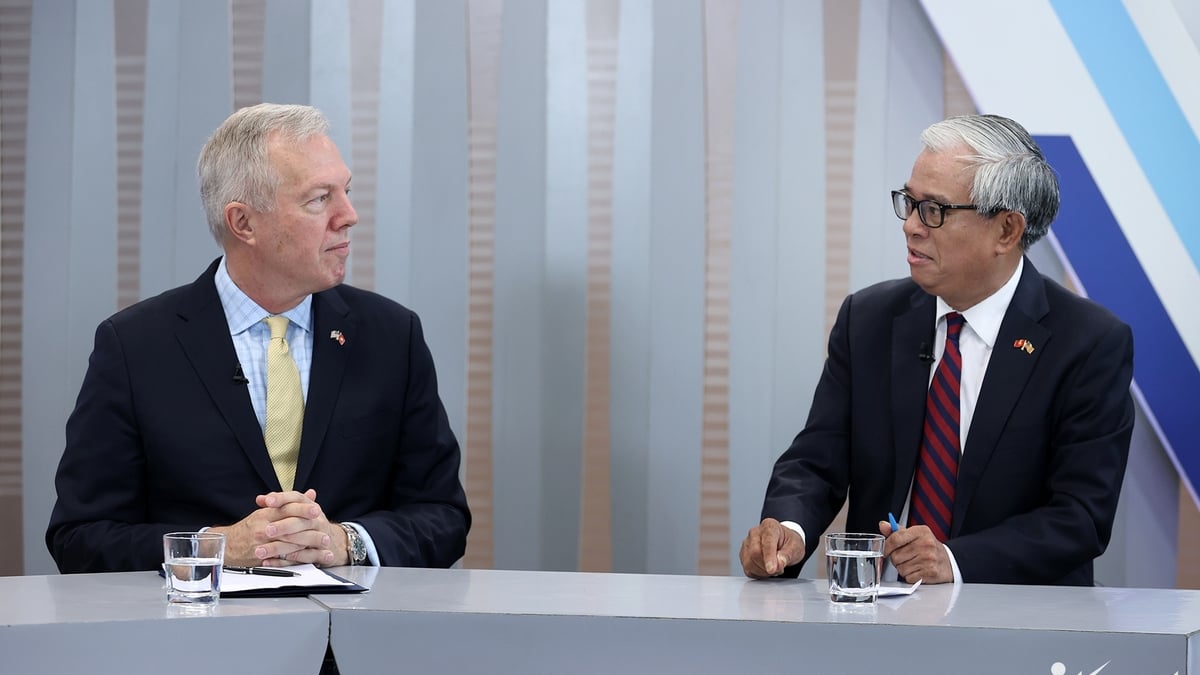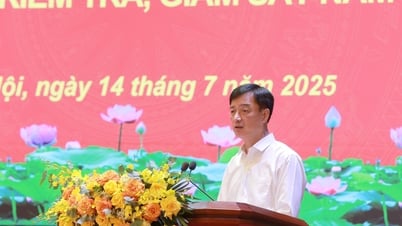| In 2023, wood pellet exports are expected to decrease by 17% compared to last year. In the first two months of 2024, wood and wood product exports to Japan increased slightly. |
Wood pellet exports increase in Japan, EU but decrease in Korea
In 2022, wood pellet exports increased sharply with an export volume of approximately 4.9 million tons, with a turnover of nearly 790 million USD, nearly double that of 2021 due to high wood pellet prices. However, in 2023, pellet export turnover decreased slightly in volume, reaching more than 4.6 million tons (down 4.3% compared to 2022) with a value of nearly 680 million USD (down 13.7% compared to 2022).
 |
| Wood pellets (photo by Nguyen Hanh) |
Compared to the record price increase in 2022, the average export price of pellets in 2023 has decreased to approximately 145.5 USD/ton (down 9.7% compared to 2022). Pellet prices have continuously decreased from nearly 190 USD/ton at the end of 2022 to only approximately 135-140 USD/ton since April 2023.
South Korea and Japan are still the two largest markets for importing tablets from Vietnam, accounting for 96% of total volume and 96.6% of total export turnover of the country.
However, the export situation to these two markets had opposite developments in 2023. Japan imported more than 2.8 million tons, equivalent to more than 438 million USD (up 12.4% in volume and 14.3% in value compared to 2022). Meanwhile, South Korea imported only more than 1.7 million tons of pellets, worth nearly 214 million USD (down 24.5% in volume and 43.3% in value compared to 2022).
The reason is that Korean companies have other sources of supply, such as cheap tablets from Russia.
The EU market, although accounting for only a small proportion of Vietnam's pellet import markets (3.3% of total volume and 3.8% of total turnover), is on a strong growth trajectory. In 2023, the EU will import more than 155 thousand tons, reaching approximately 26 million USD (an increase of nearly 3 times in volume and 3.7 times in value compared to 2022).
The export price of tablets in 2023 to the two markets of Japan and Korea decreased significantly compared to the end of 2022. However, the decrease in the Korean market was much larger than that of Japan.
Specifically, in December 2023, the export price of pellets to South Korea was only below 105 USD/ton, down 43% compared to the peak of 185 USD/ton in December 2022. In contrast, the export price to Japan in December 2023 was still above 148 USD/ton, down only 20% compared to the ceiling price recorded in December 2022.
Businesses need to promote consumption in new and domestic markets.
Mr. To Xuan Phuc - policy analyst of Forest Trends Organization - commented that the Japanese market will continue to play an important role for the Vietnamese pellet industry in the coming time.
Currently, the restructuring of Enviva - the world's largest pellet manufacturing and trading company, which annually supplies more than 400 thousand tons of pellets to the Japanese market, including a significant proportion of pellets produced in Vietnam, poses opportunities and challenges for Vietnamese enterprises.
Vietnamese enterprises also have the opportunity to replace the supply of pellets from Indonesia for the Japanese market because the supply of pellets made from palm oil husks originating from Indonesia may not achieve the sustainability certification required by the Japanese market.
However, due to some technical problems that caused fires and explosions at thermal power plants using pellets in Japan, the government of this country is asking these plants to stop operating while investigating the cause of the incident. On the other hand, the high price of pellets makes thermal power plants suffer losses without subsidies from the Japanese government. Therefore, Japan's import demand is not expected to increase in the short term.
The Korean market is not expected to have many fluctuations in the coming time because the country's importers prioritize cheap tablets, especially in the context of the continued restriction of tablet supply from Russia to the EU due to the Russia-Ukraine conflict.
The EU market has potential. However, the requirements of this market are more stringent than those of Japan and Korea, requiring businesses to invest more in improving equipment and technology in the future.
One of the biggest difficulties in exporting wood pellets is the unsustainability of raw wood input sources, both in terms of quantity and standards and quality. To solve these difficulties, the Government needs to have appropriate policy mechanisms, especially policies on balancing processing capacity and forest plantation areas.
To reduce dependence on the two markets of Korea and Japan, Mr. To Xuan Phuc also recommended that tablet businesses need to research and promote consumption in new markets such as the EU and domestically.
Currently, the demand for pellets (and wood chips) for domestic consumption is likely to increase in the future due to the Vietnamese Government's commitment to reduce emissions and businesses voluntarily switching from high-emission feedstocks to pellets, especially if the Government issues policies to encourage the conversion.
Competition between exported pellets and domestic consumption (and raw material sources) may occur in the near future. Competition for raw materials from planted forests between businesses in the pellet industry as well as with wood chip manufacturing businesses is inevitable, especially in the context of a series of pellet and wood chip factory projects being built in the next 3-5 years. Therefore, businesses need to consider investing in building raw material areas to ensure a stable supply, meeting production and export needs in the future.
Source







































































































Comment (0)